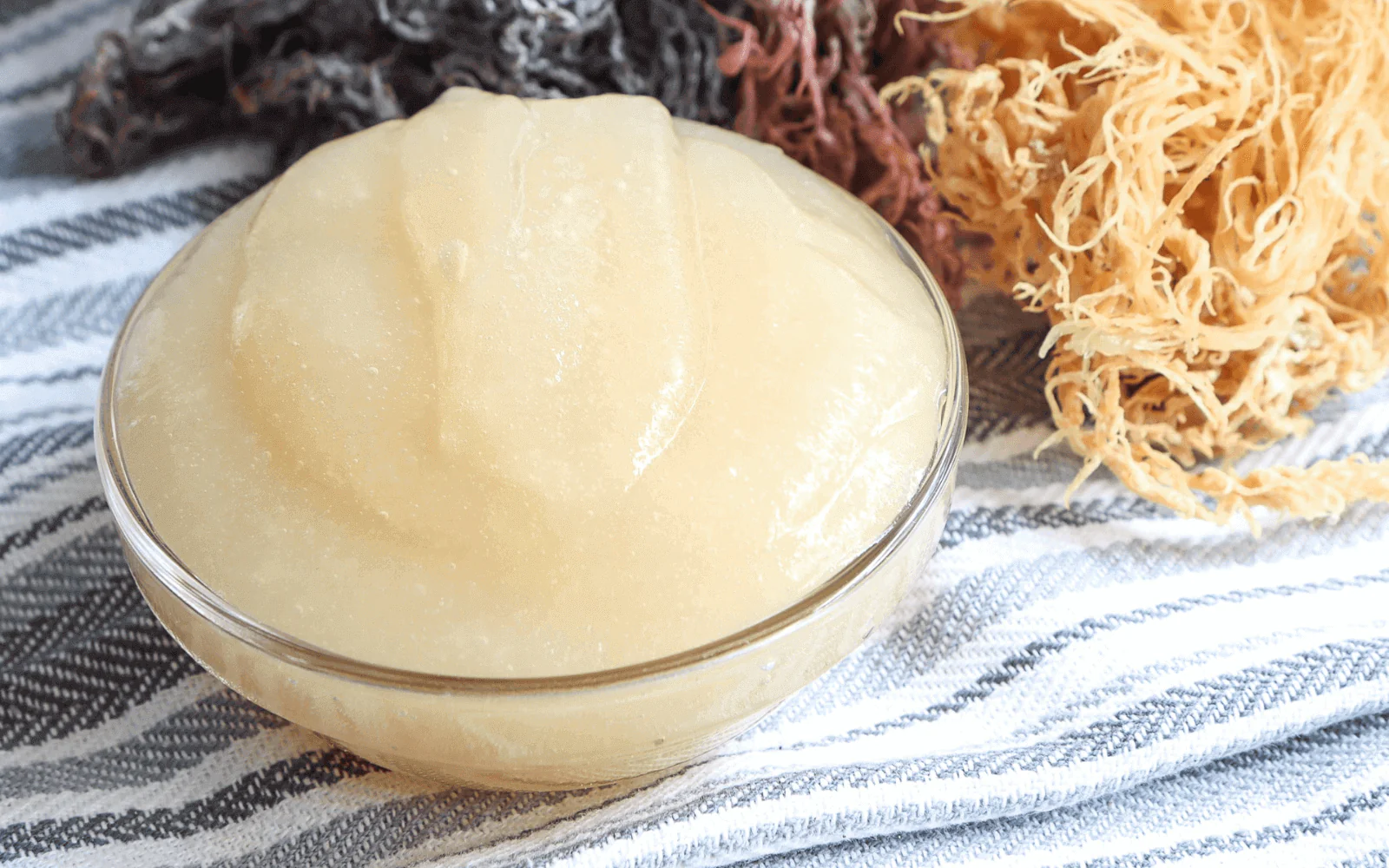liqueur are sweetened spirits infused with various flavors, ranging from fruits and herbs to spices and nuts. They have a rich history and cultural significance across the globe, serving as key components in cocktails and as digestifs. This article delves into the world of liqueurs, focusing on their production, varieties, and the notable role of Notos Distillery in Greece.
What is Liqueur?
Liqueur is a type of distilled spirit that is sweetened and flavored. Unlike traditional spirits, which are typically enjoyed neat or on the rocks, liqueurs are often mixed into cocktails or served as after-dinner drinks. The sweetness of liqueurs can range from subtle to intensely sweet, depending on the ingredients used.
Key Characteristics
Liqueurs typically have a lower alcohol content than spirits like vodka or whiskey, usually ranging between 15% and 30% alcohol by volume (ABV). The primary components of liqueurs include:
- Base Spirit: Commonly vodka, rum, whiskey, or brandy, which provides the foundation for flavoring.
- Flavoring Agents: Ingredients like fruits, herbs, spices, or nuts are infused into the base spirit, contributing to the liqueur’s unique taste.
- Sweetener: Sugar or other sweeteners are added to enhance flavor and create a smooth finish.
The Art of Liqueur Production
The production of liqueurs involves a meticulous process that emphasizes quality ingredients and traditional methods.
Ingredient Selection
The choice of base spirit and flavoring agents is crucial in determining the final product’s taste. High-quality ingredients lead to more flavorful and aromatic liqueurs. For example, using fresh fruits or premium herbs can significantly enhance the quality of the liqueur.
Distillation and Infusion
The production process generally follows these steps:
- Fermentation: If using fruits, they may be fermented to extract their natural sugars and flavors.
- Distillation: The fermented mixture is distilled to create a high-proof spirit. This step removes impurities and concentrates the flavors.
- Infusion: The distilled spirit is infused with selected flavoring agents, often in a steeping process that allows the flavors to meld.
- Sweetening: Sugar or syrup is added to achieve the desired sweetness and balance the flavors.
- Aging (Optional): Some liqueurs benefit from aging in barrels, which can add complexity and depth to their flavors.
Types of Liqueurs
Liqueurs come in a wide variety of styles, each offering unique flavors and uses. Some popular categories include:
Fruit Liqueurs
These liqueurs are infused with various fruits, resulting in bright, vibrant flavors. Examples include:
- Limoncello: An Italian lemon liqueur known for its refreshing taste.
- Framboise: A raspberry liqueur with a rich, sweet profile.
Herbal and Spiced Liqueurs
Herbal liqueurs are crafted with various herbs and spices, often used as digestifs. Examples include:
- Amaro: An Italian bitter liqueur that combines herbs, spices, and roots.
- Jägermeister: A German herbal liqueur with a secret blend of 56 botanicals.
Cream Liqueurs
These liqueurs blend cream with spirits, offering a rich and indulgent taste. Examples include:
- Baileys Irish Cream: A popular cream liqueur made with Irish whiskey and dairy cream.
- Limoncello Cream: A creamy version of the classic Limoncello, combining lemon flavors with creaminess.
Notos Distillery: A Greek Legacy
Notos Distillery, founded in 1893 by Panagiotis Agouridis, has played a pivotal role in the production of liqueurs in Greece. Originally established as the “Chios” distillery in Patras, the company specialized in the production of Ouzo and Tentoura liqueurs.
Commitment to Quality
Panagiotis Agouridis brought traditional recipes from Chios Island, ensuring the quality and authenticity of his liqueurs. The distillery quickly gained recognition for its high-quality products, which adhered to age-old distillation practices.
Awards and Recognition
In 1930, Notos Distillery received its first official award in Brussels, Belgium, acknowledging the excellence of its Ouzo and Tentoura liqueurs. The company won first prize at the International De Enfant Exhibition, establishing itself as a leader in the industry. Since then, Notos has continued to earn accolades for its dedication to crafting exquisite liqueurs, showcasing the art of blending and the delicate flavors of its products.
The Cultural Significance of Liqueurs
Liqueurs hold a special place in many cultures, often associated with celebrations, gatherings, and traditions. In Greece, Ouzo is a staple during social occasions, reflecting the nation’s commitment to hospitality.
Pairing Liqueurs with Food
Liqueurs can enhance culinary experiences by complementing various dishes. For example, fruit liqueurs pair well with desserts, while herbal liqueurs can be served with rich meats or cheese. In Greek culture, Ouzo is often enjoyed with meze—a selection of small dishes, fostering a communal dining experience.
Conclusion
Liqueurs, with their diverse flavors and rich histories, are a testament to the art of distillation and the cultural significance of spirits. Notos Distillery exemplifies the dedication to quality and tradition that defines exceptional liqueurs. Whether enjoyed on their own or mixed into cocktails, liqueurs continue to delight palates and enhance social experiences around the world. As we explore the world of liqueurs, we celebrate the craftsmanship and flavors that have transcended generations.
